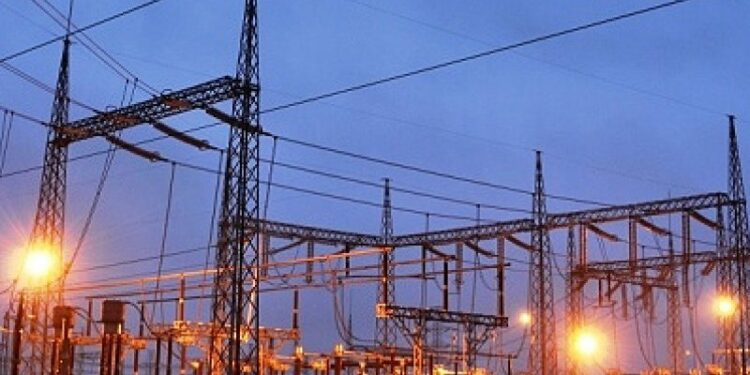ECG’s debt restructuring efforts at risk due to 1.5% electricity tariff reduction, warns IPPs
The disagreement between IPPs and PURC highlights the challenges in balancing the interests of different stakeholders in the energy sector, including the need for cost recovery and financial sustainability versus the demands for lower tariffs to benefit consumers.
- Advertisement -
The recent 1.52 percent reduction in electricity tariffs announced by the Public Utilities Regulatory Commission (PURC) has been met with dissatisfaction from Independent Power Producers (IPPs). The IPPs argue that this reduction is unacceptable and will negatively impact the debt restructuring efforts of the Electricity Company of Ghana (ECG).
Dr. Elikplim Apetorgbor, the President of the IPPs, expressed concern that the reduction would make it difficult for ECG to pay off its debts. He emphasized that the debt in question is not the savings or profit of the IPPs and stated that restructuring it under such conditions would be impossible.
- Advertisement -
Dr. Eric Obutey, the Director of Research and Corporate Affairs at PURC, defended the tariff reduction, citing several factors that contributed to the decision. These factors include a shift in the generation mix, with an increased use of hydro compared to thermal power. Other contributing factors mentioned by Dr. Obutey include a decrease in inflation by about 3.6%, a reduction in fuel prices by about 5.9%, and an overall increase in the production of gas and hydro.
- Advertisement -
- Advertisement -
In its 2023 fourth-quarter tariff review, PURC not only announced a 1.52% decrease in electricity tariffs but also a 0.34% increase in water tariffs. The changes were set to take effect on December 1, 2023. The residential water tariff increased slightly from GHS/m³ 4.72 to 4.74, while non-residential customers saw an increase from GHS/m³ 14.13 to 14.19. Water sachet producers and industrial consumers also experienced tariff hikes.
The disagreement between IPPs and PURC highlights the challenges in balancing the interests of different stakeholders in the energy sector, including the need for cost recovery and financial sustainability versus the demands for lower tariffs to benefit consumers.
- Advertisement -


